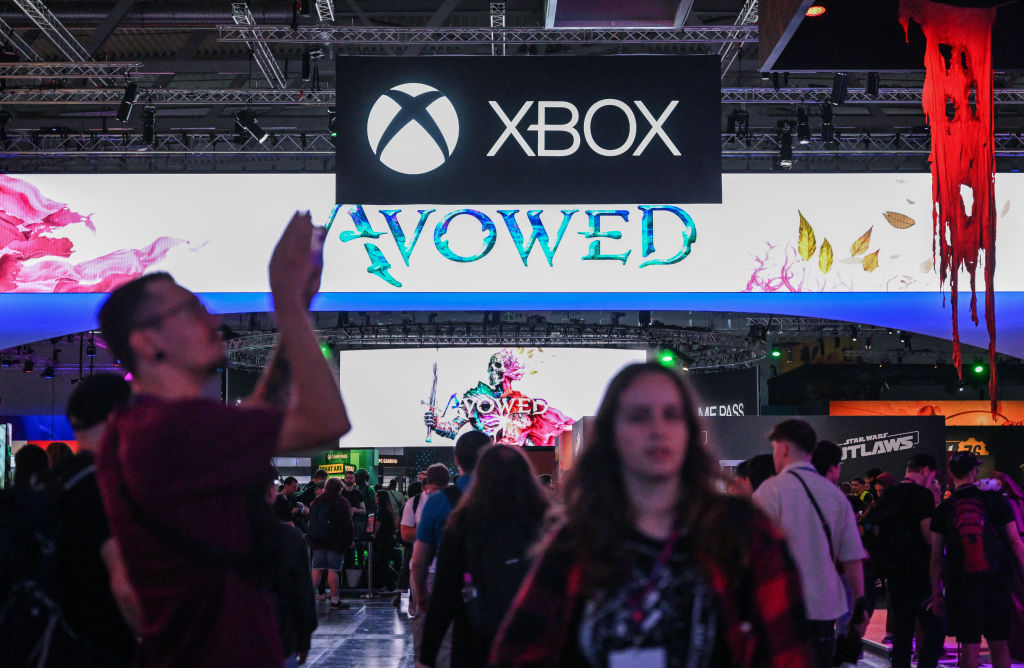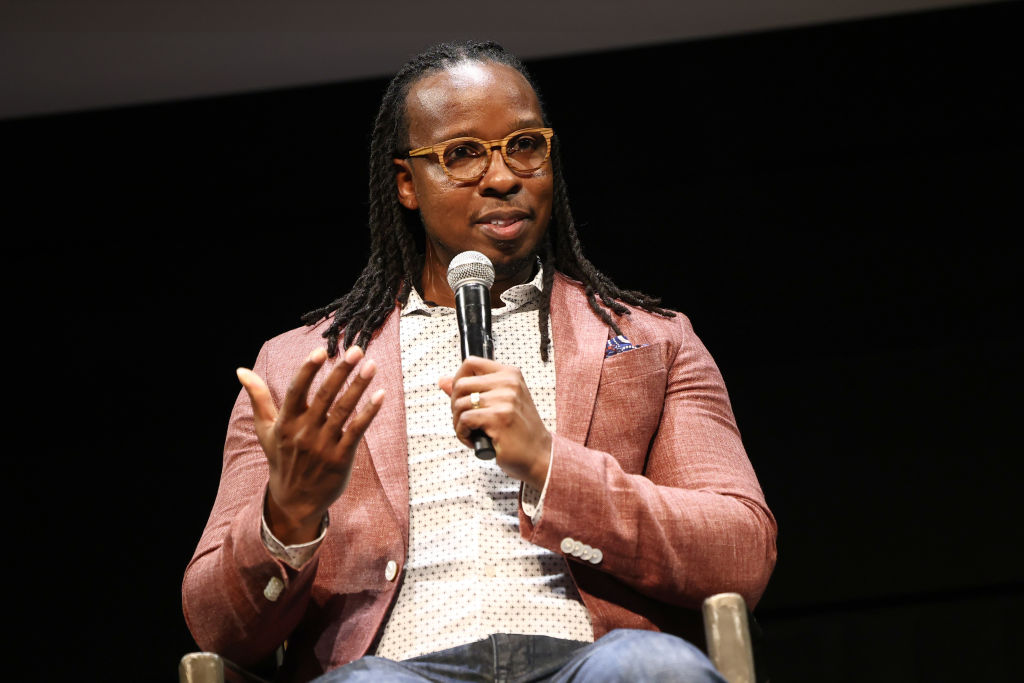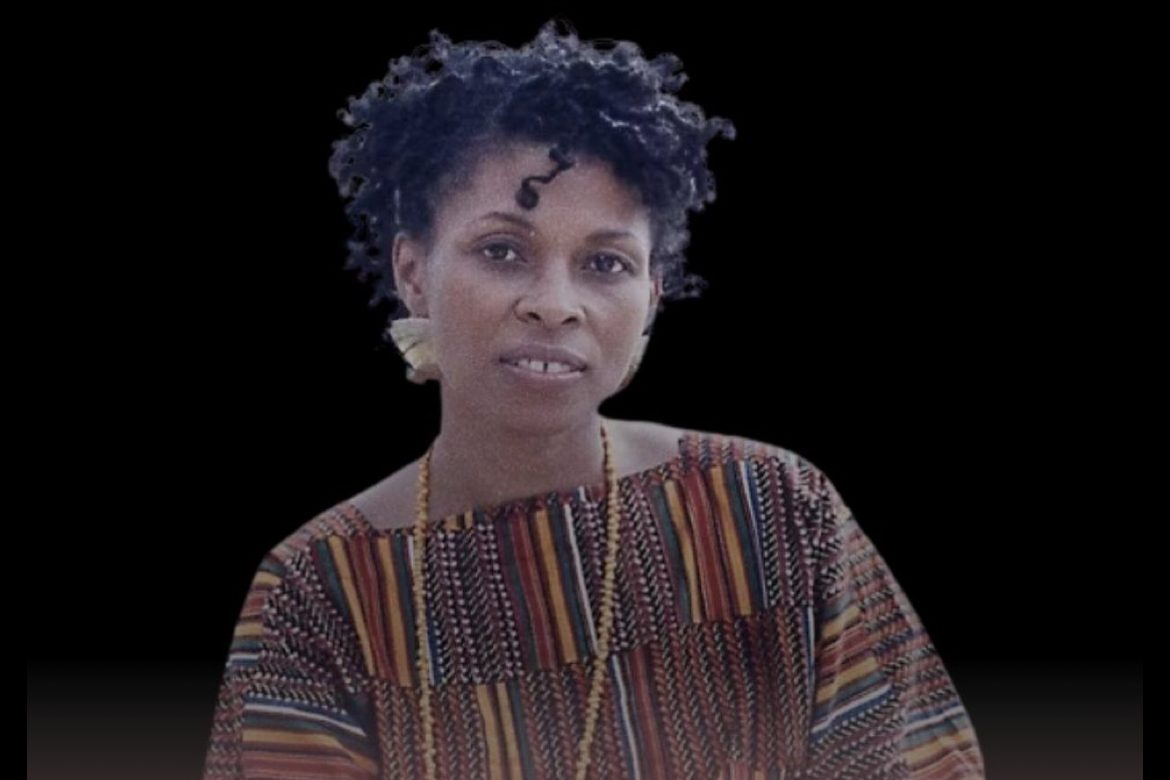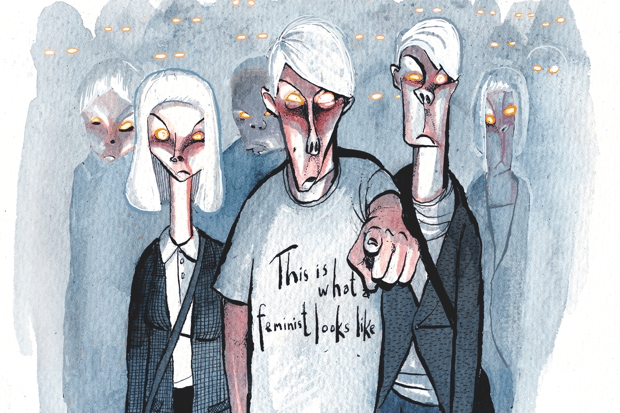In the golden age of video games, developers and players built relationships through a shared celebration of creativity. Many developers were gamers themselves, which helped foster mutual trust and respect with their audiences. Players assumed developers would prioritize their desires and craft experiences centered on their enjoyment.
That mutuality is now gone as many creators have grown more concerned with pushing political ideology and show disdain for their consumers. Many game developers now treat their users not as collaborators in a shared passion but as adversaries, accusing them of bigotry and hate.
Alexa Ray Corriea, senior writer for Marvel’s upcoming Black Panther game, has referred to gamers who criticized controversial title Dragon Age: Veilguard as “vile” in posts on Bluesky. Dani Lalonders, one of Black Panther’s narrative designers, accused some gamers of being “racist” while proudly admitting to being racist against white people herself. Matt Hansen, art director for Obsidian Entertainment, admitted he aimed to deliberately piss off some players by shoehorning pronouns into the studio’s upcoming game Avowed. And David Gaider, former lead writer for Dragon Age, branded gamers who said his female characters looked too manly as “porn-brained incels.”
To be fair, oftentimes gamers give as good as they get. It’s common for personalities like YouTube streamer Asmongold and World of Warcraft developer turned cultural critic Mark Kern to insult those same game makers in similarly biting terms. Gaider’s “porn brained” claim came after one commenter suggested that since Gaider is gay, he wouldn’t know what an attractive woman looks like.
Regardless of who starts each fight, the growing tension between developers and players sparks an obvious question: can an industry survive when creators hate the very people they’re trying to sell to?
Of course not. But maybe today’s game developers don’t really care about that.
“What we see when developers attack their audience is a revealing look into how deeply the gaming industry has been subverted by radical leftists for use as a propaganda machine,” Roland Moritz, lead developer for indie gaming studio Kvlt-games, told me.
If propaganda is the aim, that explains why companies are willing to take huge hits to their profits to push “woke” games.
Sony Entertainment reportedly lost nearly $400 million on Concord, a failure so massive it ranks among the entertainment industry’s worst of all time. The game received immediate pushback from gamers for its “woke” character designs, complete with pronouns, that seemed more interested in checking diversity checkboxes than engaging players.
Meanwhile, Dragon Age: Veilguard, a game featuring those ever-present pronouns, unavoidable nonbinary and transgender characters and moralizing lectures about gender identity, failed to meet basic sales expectations and is now languishing behind decades-old games in active players.
And the cardinal sin? The games just weren’t very fun, having prioritized politics over gameplay.
In the face of such losses, why are developers so intent on forcing politics into games despite players’ objections?
Developers today aren’t just pushing “woke” ideology; they’re trying to prove video games can be a form of art more akin to film and more acceptable to a different subset of people.
“The best time for gaming was the late Nineties and early Aughts, when the industry wasn’t ashamed of itself,” Oliver Jia, a Spectator contributor and cultural writer, explained. “It wasn’t trying to ape cinema all the time. It knew what it was: an industry driven by people passionate about games.”
Relatedly, the relationship between gamers and game journalists has followed a similar trajectory to that of gamers and developers. Once gamers themselves, modern journalists are more detached than ever from the products they cover. Their disdain for players is just as blatant.
Games journalist Alyssa Mercante, infamous for repeatedly doxxing her enemies in the gaming sphere, has referred to gamers in the same derisive terms as her developer friends. It’s not uncommon to see her social media posts referring to gamers as “bigots,” “Nazis,” “fascists” and “fucking losers.”
This is the new paradigm. Developers who once created games for the player’s fun now see themselves as harbingers of a progressive age, using gaming as a vehicle for their politics. When gamers push back on this, sometimes quite rudely, developers attack them. Gaming journalists jump in to reinforce the anger and the cycle is born.
So, how can gaming be returned to gamers? A good start would see developers refraining from engaging in pointless online spats with their potential customers.
Would you buy a product from someone who’s antagonizing you? As the failures of Veilguard and Concord illustrate, these considerations clearly matter as the games would have undoubtably sold better had the political albatross not been strung around their necks.
As Jia told me, “Western game devs should be very cautious of how they decide to publicly interact with their players. It’s very rare for Japanese game developers to be openly political or make political statements.”
That’s not to say there’s no place for politics in games. “I think Hideo Kojima [the man behind the hit series Metal Gear Solid] is a very liberal-minded person,” Jia noted. “He’s more left-leaning, but you never get from any interview or interaction that Kojima is talking down to people that disagree with him.”
But those politics should take a backseat to the gaming experience itself. In-game pronouns selection isn’t always a sign that a game will be more concerned with politics than player experience, but it’s not a great start.
I feel Moritz had the best advice for how to right the wayward gaming ship: “Get back to making games by gamers, for gamers.”
The gaming industry cannot survive for long if it’s fueled by spite for its players. The constant grinding rage between developers and gamers, stoked by both sides, will kill the industry if left unchecked. Gaming can either return to glory or collapse under the weight of a vicious cycle.
Gamers can only do so much. It’s long past time for developers to remember who they’re creating for — and why they joined the industry in the first place.
This article was originally published in The Spectator’s February 2025 World edition.


























Leave a Reply